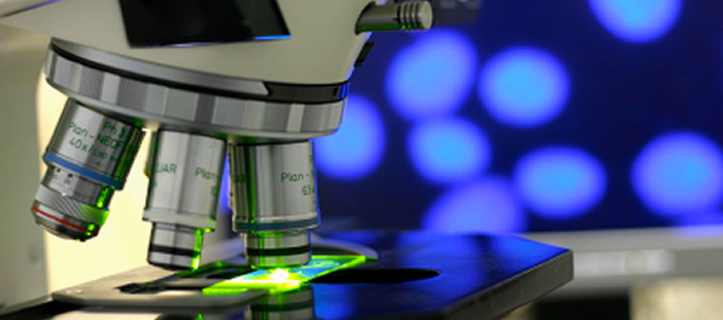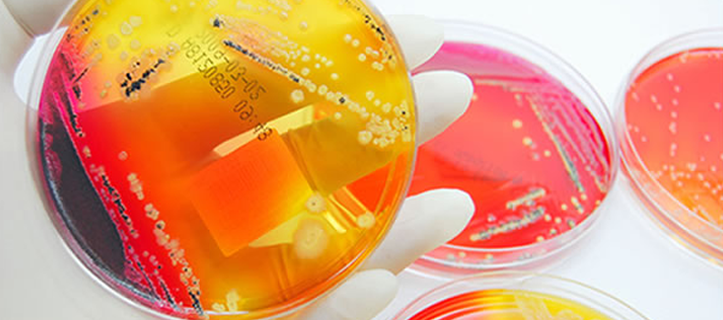Adoptive cell transfer / CART

syngeneic model

Immuno-Oncology Preclinical Models
Immuno-oncology is a promising therapeutic area. At MuriGenics, we provide various in vivo models that may fit your diverse immunotherapy research needs.
Our comprehensive and varied selection of immuno-oncology preclinical models is designed to fulfill a wide range of research tasks and efficacy testing.
Adoptive cell transfer (ACT)
Transferring of PBMC cells in mice provides an alternative to the full stem cell reconstitution approach for a range of oncology applications.
Adoptive transfer of stimulated CTLs
The adoptive transfer of cytotoxic T lymphocytes (CTLs) stimulated by specific tumor antigen peptide is one of the most promising immunotherapeutic strategies. This process involves Ex-vivo stimulation of CTLs for immunotherapy applications. Evaluation of such stimulation can be carried out by performing ELISpot analysis.
Adoptive transfer of NK cells
Natural killer (NK) though are part of innate immune response, have the ability to kill tumor cells without prior sensitization to tumor antigens. NK cells kill tumor targets through a variety of mechanisms. First, they destroy tumor cells through receptor-mediated cytotoxicity. NK cell receptors binds to stress induced ligands typically expressed on tumor. BM cell degranulation can also be triggered via ADCC and apoptosis via TRAILR expressed on tumor cells. Considering NK cells play an important role in the first line of defense against malignantly transformed cells, the use of NK cells in human cancer immunotherapy has been tested in patients with high risk or chemotherapy refractory patients. Malignant NK cell lines are another area of investigation for clinical use. The potential benefit of these cell lines is their inability to be inhibited by recipient HLA due to low expression of KIR’s or KIR-HLA mismatch in the recipient. NK-92, NKL, KHYG-1 and NKG have well documented in vitro anti-tumor activity. Recently, the NK-92 cell line has been approved by the FDA for clinical testing in patients with renal cell carcinoma and advanced malignant melanoma
CAR-T Therapy Evaluation
Immunotherapy using T cells genetically engineered to express a chimeric antigen receptor (CAR) is rapidly emerging as a promising new treatment for lymphoma and solid tumors. CAR-T-cell therapy can induce rapid and durable clinical responses which are associated sometimes with acute toxicities. MThese can be low grade, severe or even fatal. These outcomes can be tested in pre-clinical drug discovery settings. We can assay your specific chimeric antigen receptors (CARs) in an appropriate mouse model that recapitulates the disease at genetic, cellular, and pathologic levels. For inducible receptor CAR-T, we can validate the activity before cell transfer or set up a screen for finding the best conditions of activation in vitro. Such optimization can continue in vivo. The activity of transferred CAR-T can be routinely monitored by periodical flow cytometry analysis of PBMCs in the transplanted host.
Syngeneic tumor models
These models provide a valuable system for assessing new single agent and combination immunotherapies, or combination radiotherapy within mice with fully competent immunity, and for the fast-track, large-scale, staggered, in vivo screening of compounds. More..
